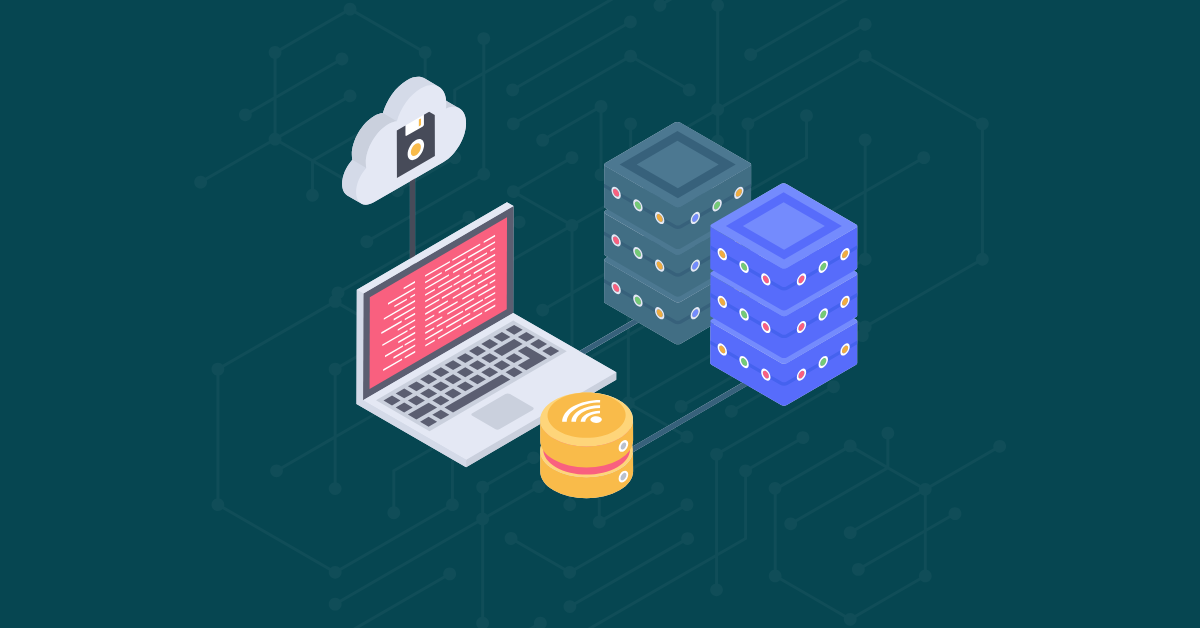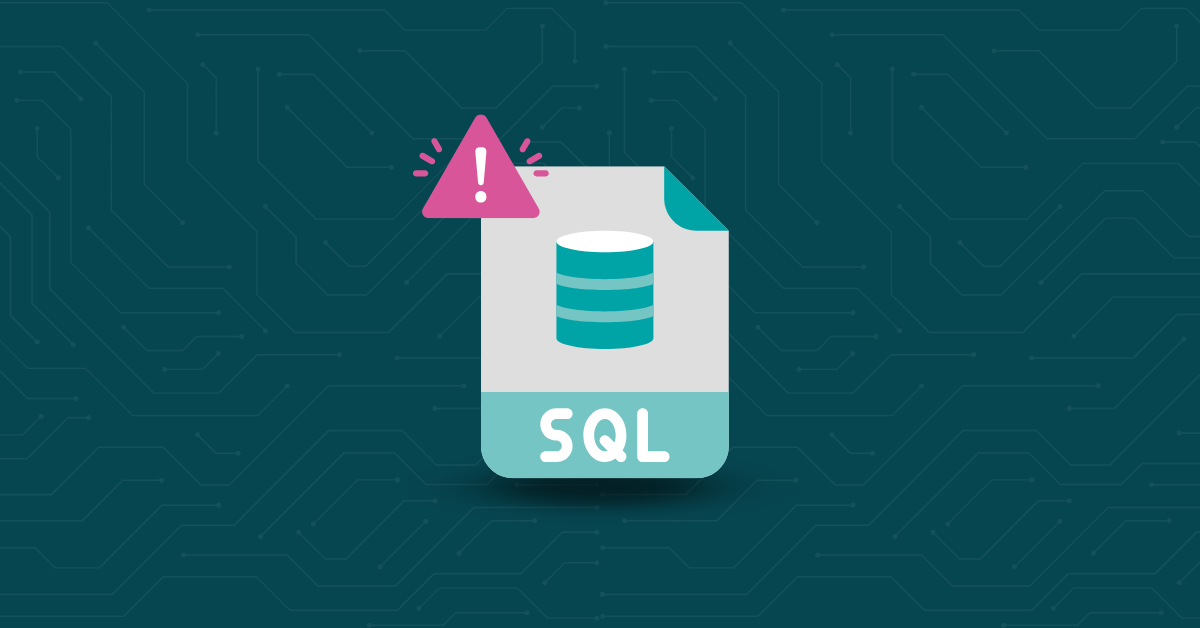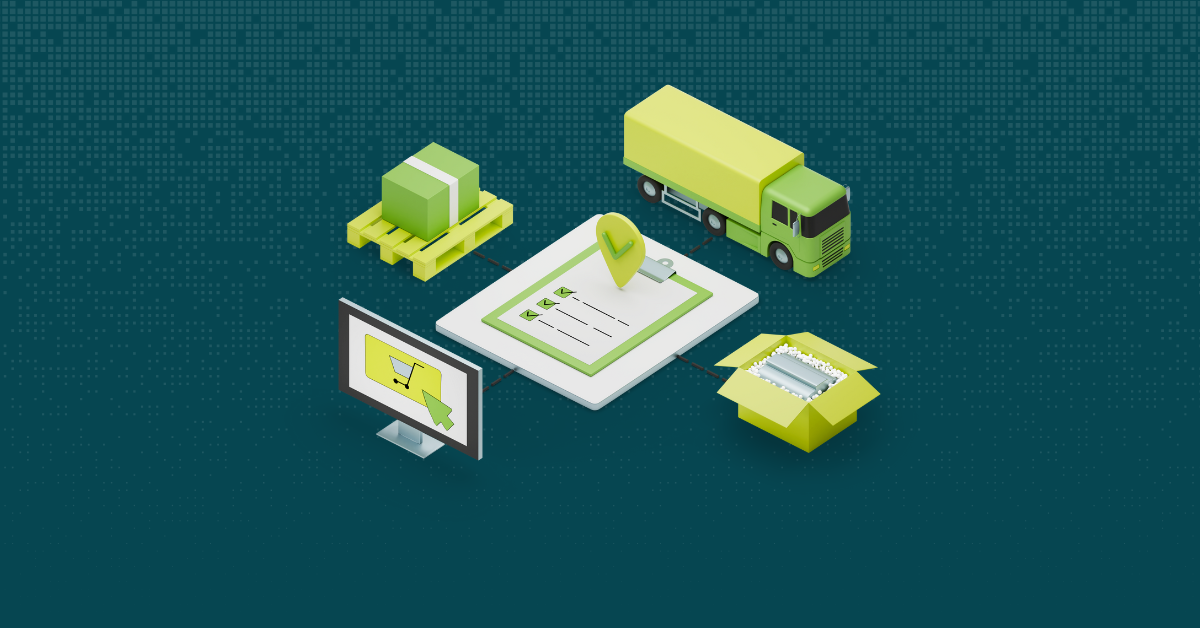
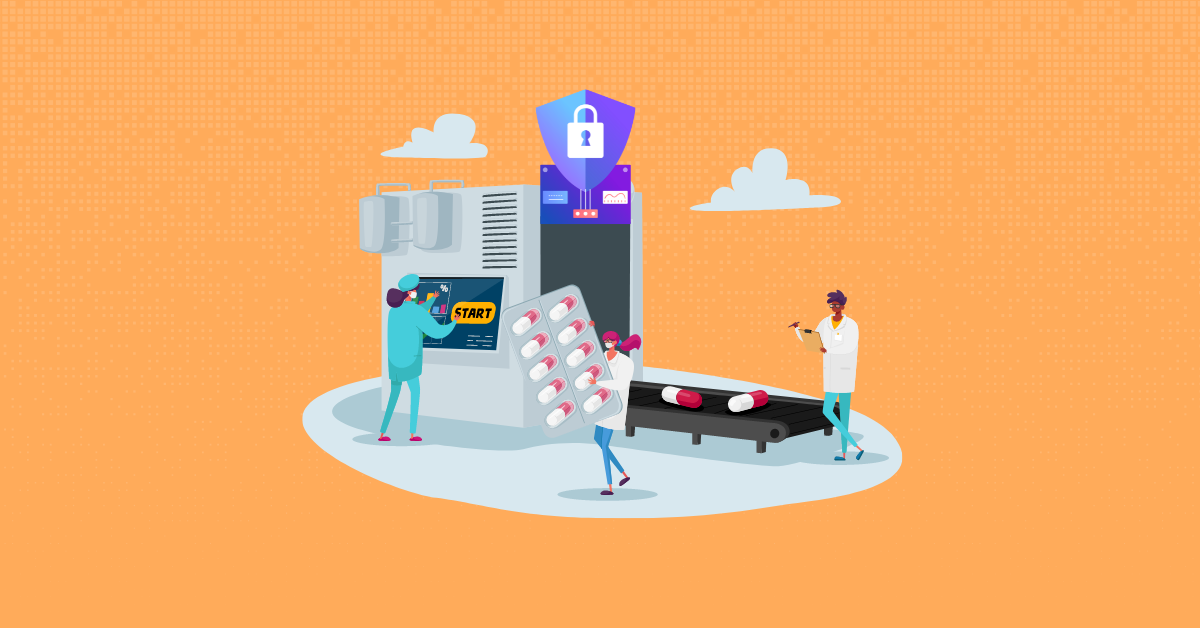
Pharmaceutical companies face an increased risk of data breaches due to the lack of application security.
Recent research has found that pharmaceuticals are among the top three industries for data breaches, with the average cost of a breach topping $10 million. This is a huge concern for organizations that handle sensitive patient information and confidential records.
But how can pharmaceutical companies ensure that their applications and networks are secure? The answer lies in investing in a robust application security solution.
Application security is an integral part of any organization’s overall security strategy. It helps to protect against malicious attacks and acts as a barrier between the internal environment and external threats. In addition, a robust application security solution can help to identify, detect, and prevent security vulnerabilities within applications.
Pharmaceutical companies are particularly vulnerable to cyberattacks because of the sensitive data they store. They handle vast amounts of patient information, medical records, and confidential documents, making them an attractive target for hackers.
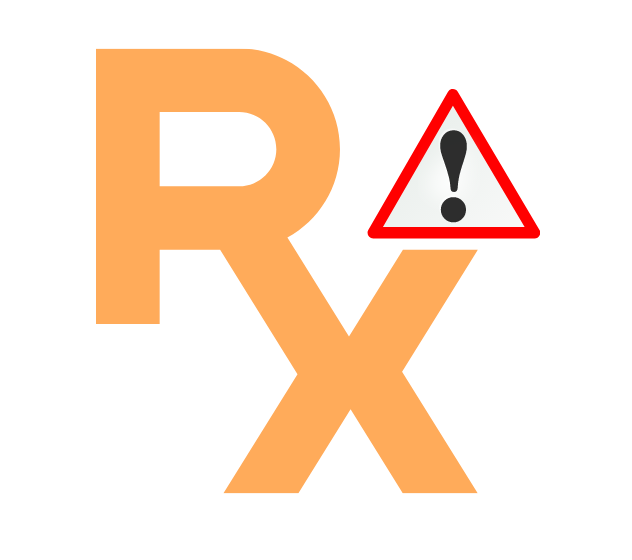
Pharmaceutical companies face a variety of security flaws that can expose them to data breaches. A major issue is the lack of investment in secure application development. As pharmaceutical organizations try to get products to market faster, they often sacrifice security and fail to develop secure applications.
Additionally, many of these applications are built using outdated technologies or without proper authentication and authorization processes, allowing hackers to gain access to sensitive data. Other vulnerabilities can result from using third-party applications or services without adequate security measures to protect against data breaches.
According to a report by Critical Insight, healthcare data breaches are on the rise. In 2021, 45 million people’s records were exposed due to healthcare data breaches — significantly more than in 2020.
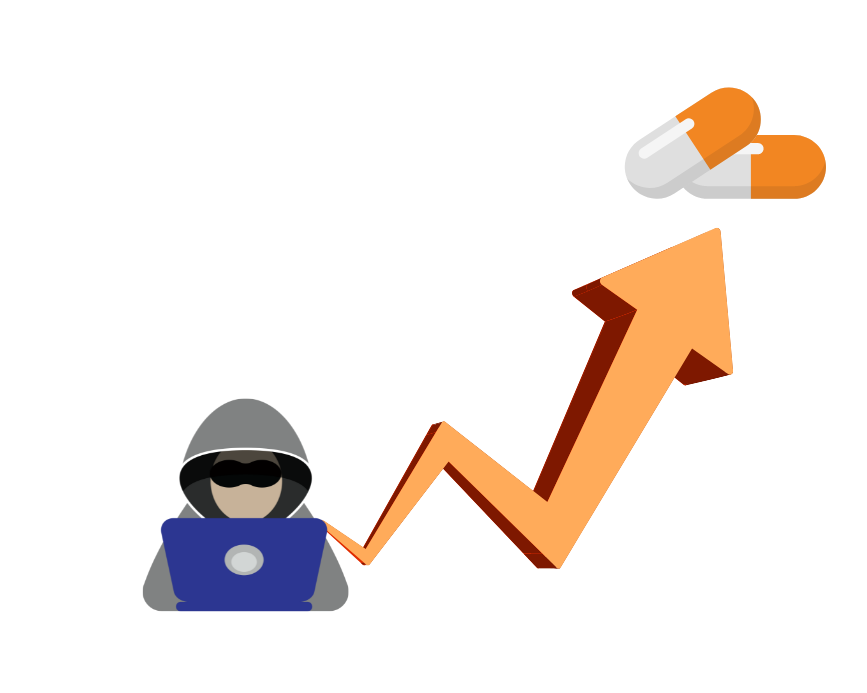
In December 2020, the European Medicines Agency (EMA) reported a breach of their confidential data related to the Pfizer/BioNTech vaccine. Similarly, North Korean hackers targeted AstraZeneca by launching a spear-phishing campaign to gain access to employee computers. North Korean hacking groups later targeted Johnson & Johnson and Novovax to steal intellectual property and confidential data related to their vaccine trials.
These high-profile incidents are part of an emerging cybercrime trend directed at the pharmaceutical industry. Hackers are increasingly targeting medical records, research and development information, and other sensitive data from these organizations. Even with billions of dollars spent on cybersecurity each year, it is clear that pharmaceutical companies are still vulnerable to attack.
Pharmaceutical companies must invest in the right technology and resources to protect their applications from malicious actors. Remediation steps can prevent data breaches and ensure that applications remain secure.
Some best practices for pharmaceutical companies to follow include:
Pharmaceutical companies must invest in application security solutions such as static and dynamic analysis tools to protect their data from malicious actors. An effective software security solution should support multiple languages and platforms, allowing organizations to keep up with changing technology trends.
Static analysis works by examining the source code of applications and identifying any potential vulnerabilities before they can be exploited by attackers. It is generally considered a more efficient method than traditional penetration testing. Dynamic analysis takes a more active approach, looking at how an application behaves when executed in the real world. This helps to detect any abnormalities or behavior that could indicate malicious activity or suspicious activities on the network.
Pharmaceutical companies must adopt secure development practices to protect their networks from malicious actors. These practices include code reviews, training developers on safe coding principles, and developing an effective patch management system.
Code reviews are one of the most critical steps in the software development process. Organizations can significantly reduce the risk of encountering a cyberattack or data breach by having a team of experienced programmers review code line-by-line for any flaws or security vulnerabilities. Additionally, they can ensure data is never exposed to malicious actors or outside entities.
Ideally, all developers should receive training on secure coding principles and best practices before deploying code into production environments. This training should include input validation and output encoding methods, which help prevent attackers from injecting malicious code into applications and manipulating data sets.
An effective patch management system is essential for any organization that stores and handles sensitive data. Pharmaceutical companies, in particular, must ensure their systems are fully patched and up-to-date with the latest security protocols to protect against potential cyber threats.
The key to successful patch management is implementing a process that addresses new updates quickly and accurately. This means efficiently monitoring changes, identifying security vulnerabilities or exploits, testing patches before deploying them across systems, and rolling back failed updates as needed. It also involves keeping track of all impacted systems, including any third-party applications companies may use with their network infrastructure.
Furthermore, organizations should create a comprehensive incident response plan (IRP) outlining how employees respond to any detected threat or vulnerability. This includes carrying out a risk assessment, determining the root cause, and providing guidance on the steps needed to remediate the problems to prevent similar incidents from reoccurring.
As cybercrime and data breaches continue to increase, pharmaceutical companies must invest in effective application security solutions and secure development practices. Malicious actors constantly adapt their tactics and use new techniques to target vulnerable networks. Hence, organizations must stay
ahead of these threats by deploying reliable solutions to detect illicit activity before it can cause significant damage.
Kiuwan is an end-to-end application security platform that helps pharmaceutical companies identify, analyze, and reduce the risks associated with code vulnerabilities. It provides a comprehensive set of security tools for organizations to monitor their applications, detect threats or weaknesses, and develop solutions to address them quickly.
With software composition analysis (SCA) and static application security testing (SAST), Kiuwan can identify any security flaws, misconfigurations, or vulnerabilities in an application’s code. It then provides detailed reports and insights on the issues so that organizations can prioritize their fixes based on severity and risk levels.

